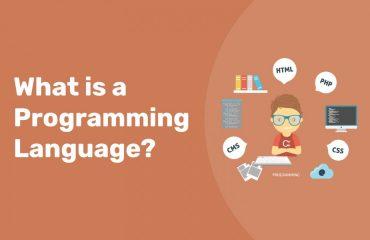HTML plug-ins, also known as browser plug-ins, are software components that add specific functionality to web browsers. These plug-ins are installed separately from the browser and can be used to enhance the user’s browsing experience by providing additional features that are not included in the browser by default.
Some popular examples of HTML plug-ins include Adobe Flash Player, Java Runtime Environment, and QuickTime Player. These plug-ins allow users to play multimedia content such as videos and animations directly in their browser, as well as run web applications that require additional software support.
However, the use of browser plug-ins has decreased in recent years, as many modern web technologies like HTML5, CSS3, and JavaScript have been developed to provide similar functionality without the need for additional software. Additionally, many web browsers have stopped supporting or limiting support for plug-ins due to security and performance concerns.





